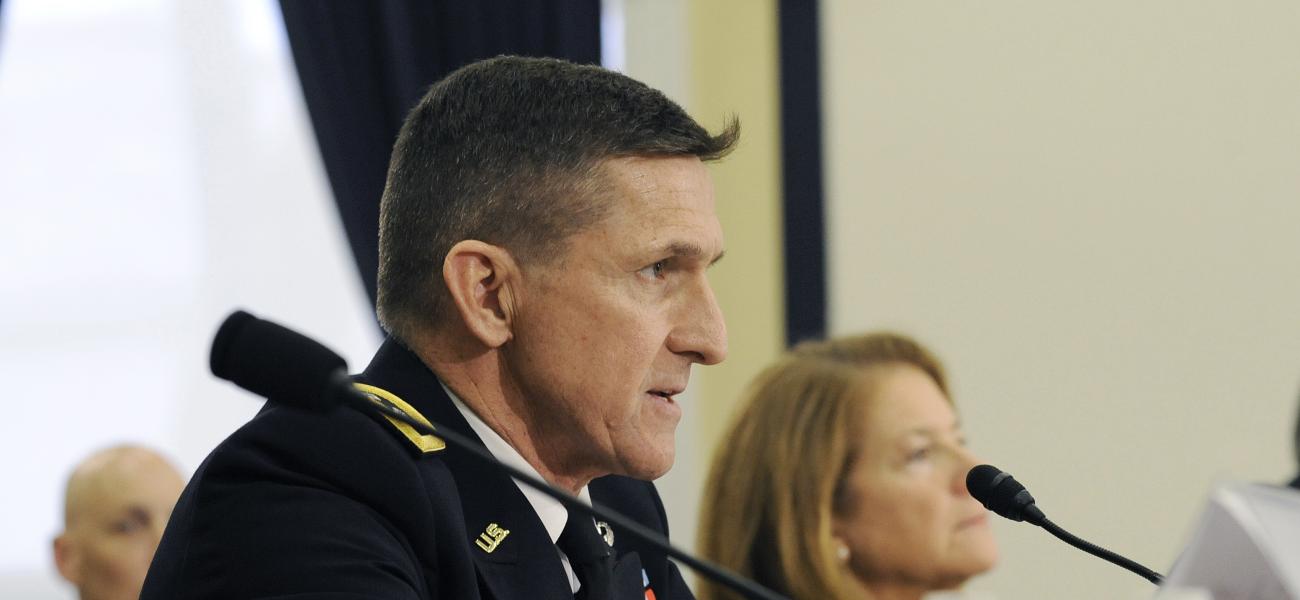
Why Back-Channels With Russia Cost Michael Flynn His Job
This is a summary of an article originally published by The Washington Post.
The author examines the differences between successful back-channel contacts between Moscow and Washington during the Nixon administration and Michael Flynn’s less than successful attempt. The author notes that Nixon’s national security adviser, Henry Kissinger, and his adviser and later NATO ambassador Robert Ellsworth, both kept Nixon apprised of their contacts. Additionally, the messages the Soviet contacts received from Ellsworth and Kissinger "complemented and reinforced each other.” The men also met in person, which may be more open to surveillance, but that surveillance is legally and technically more complicated than simply monitoring open phone lines. The author notes that Flynn’s use of an open phone line to speak to Russian ambassador Sergei Kislyak is an odd choice for a career intelligence officer. However, the author acknowledges that Trump and his administration are facing domestic challenges and challenges from Russia that Nixon did not. He also notes that “back channels require the confidence of the person at the top. Kissinger understood this and became the indispensable man for Nixon's foreign policy.”
Read the full article at The Washington Post.
Richard A. Moss
Richard A. Moss is an associate research professor at the U.S. Naval War College.
Photo credit: U.S. government work in the public domain.

